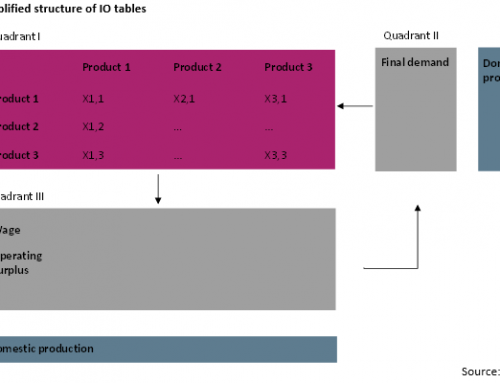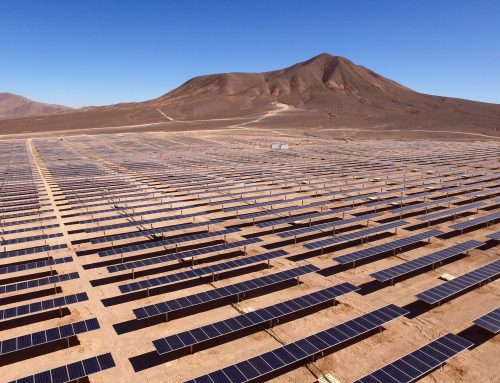Project Description
Decoupling of economic growth from conventional energy consumption and GHG emissions
For a globally successful Climate Strategy the transformation of economic growth towards a lower dependency on fossil fuels and related greenhouse gas emissions is essential. In this study for the Heinrich-Böll-Stiftung we distinguish weak and strong decoupling of energy consumption from economic growth to analyze specific evolutions. Weak decoupling is defined as a reduction of energy intensity, i.e. energy consumption per GDP, while absolute consumption still rises with economic growth. Strong decoupling is present, if total energy consumption falls with economic growth. Within the last decade we experienced a globally weak decoupling which was facilitated by energy efficiency improvement and renewable roll out. Wind and solar energy are the fastest growing energy sources and saw substantially accelerated growth in the latest four years. Moreover, our empirical assessment of the causal relationships suggests that renewables may even promote economic growth. Within the group of OECD countries we can observe a strong decoupling of energy consumption and economic growth.
Commissioned by:
Year:
Published:
Heinrich Böll Foundation
2012 – 2015





